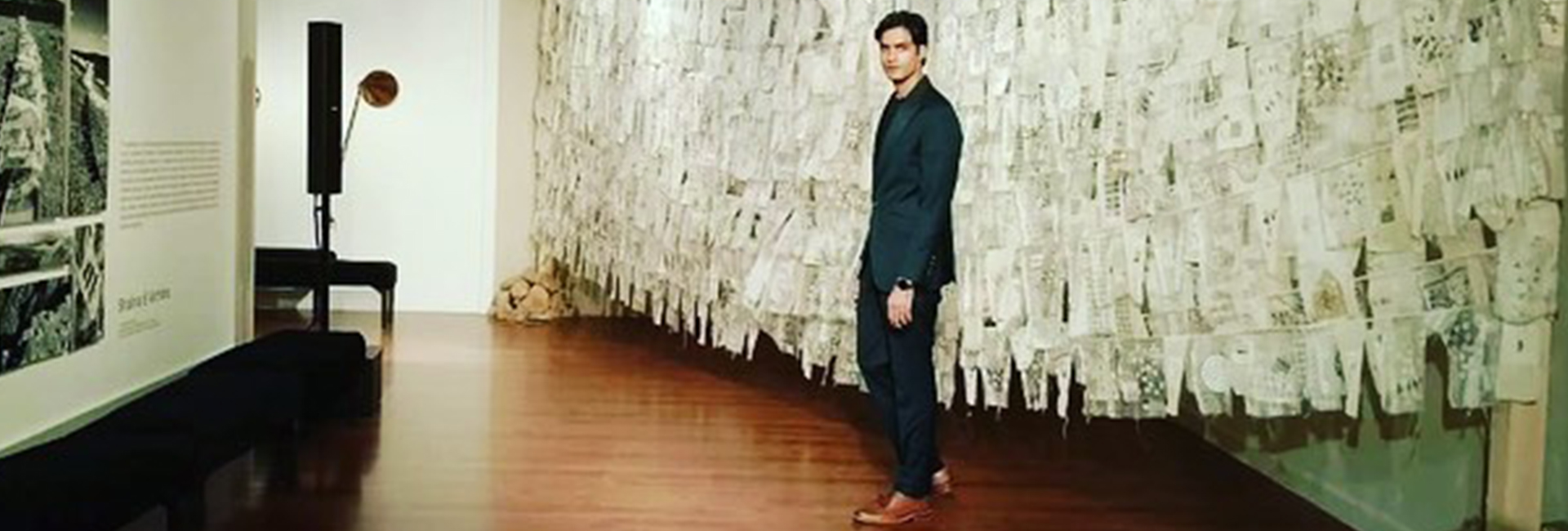(December 14, 2022) Remember when our teachers asked us what wanted to be when we grow up, and we would say things like doctor, pilot, or engineer. Every child had one answer to this question. But, what if there were two paths that the child wanted to choose? Dr. Manu Bora’s case, you follow both passions. One of the first Indian male models to take on an international ramp at several fashion weeks, Dr. Bora has been the face of several fashion icons, including Sabyasachi Mukherjee, Tarun Tahiliani, Rohit Bal, Rahul Khanna, and Shantanu Nikhil. The brand ambassador for Raymonds, Dr. Bora is an expert in arthroscopic surgeries of knee, shoulder, ankle, and sports medicine.
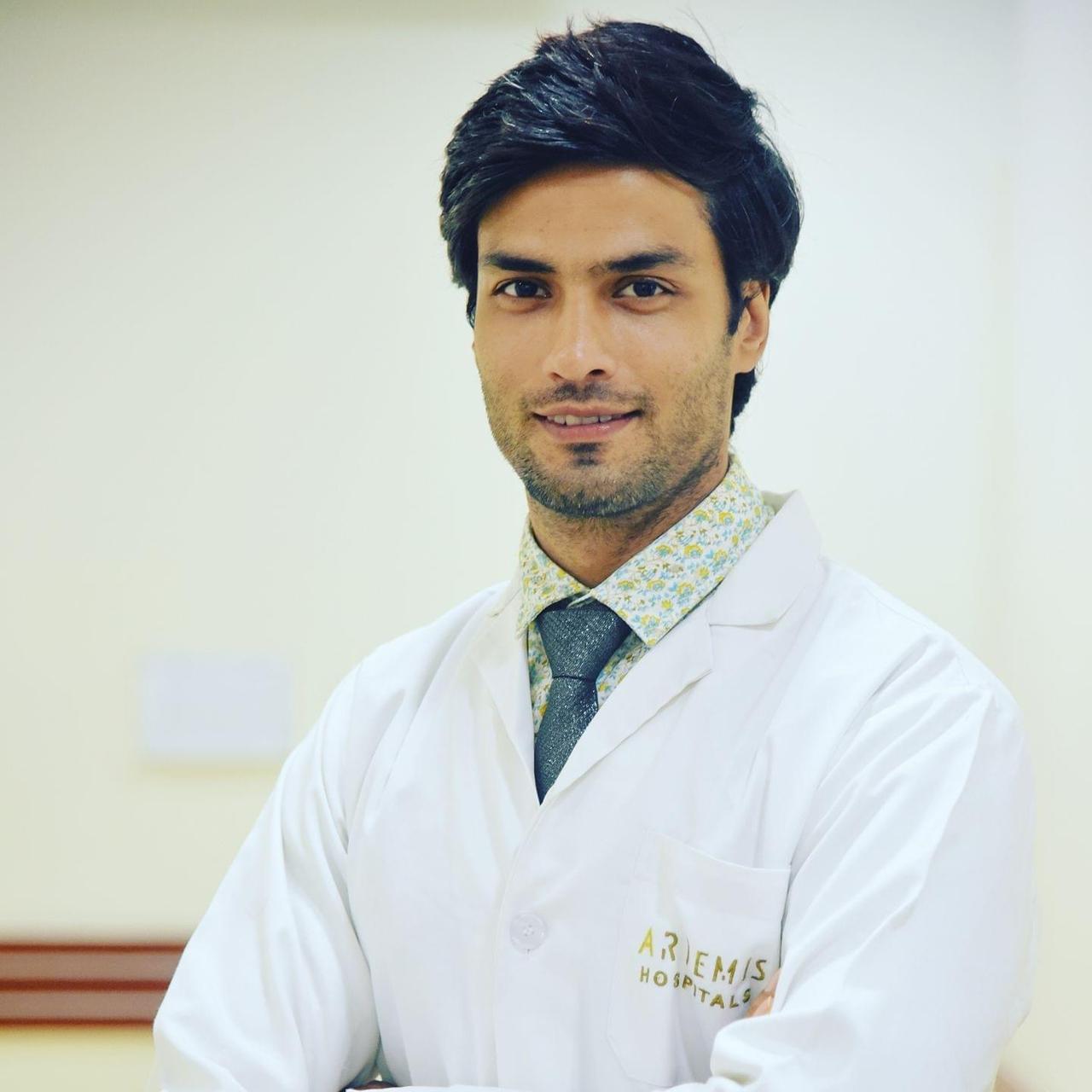
Dr. Manu Bora, fashion model and orthopaedist
“I don’t clearly remember since when, but I always wanted to be a fashion model,” shares the orthopedist, as he connects with Global Indian over a call. “No one ever told me about this profession, but I was inspired by male models like David Gandy and Milind Soman back in the day and wished to walk the ramp like them. However, my mother is a doctor, and my father is a leading advocate in Jodhpur – and I was very inspired by them. I was a good student and enjoyed studying science. I didn’t want to let go of either of my dreams – of becoming a doctor and of walking on the ramp. So, I pursued both,” he adds.
Small town boy
Growing up, Dr. Bora was always told that he would have to study well to build a bright tomorrow for himself. A bright student, the fashion model even secured an all-India rank of 52 in the medical entrance examination. “Growing up in Jodhpur, I understood the value of good education. But, to pursue my dream of walking the ramp, I had to be in a metro city. So, I studied hard to get admission to a good college in either Delhi or Mumbai, which I even got. However, my parents asked me to study at a local college in Jodhpur and I finished my MBBS from S.N Medical College,” shares the fashion model.
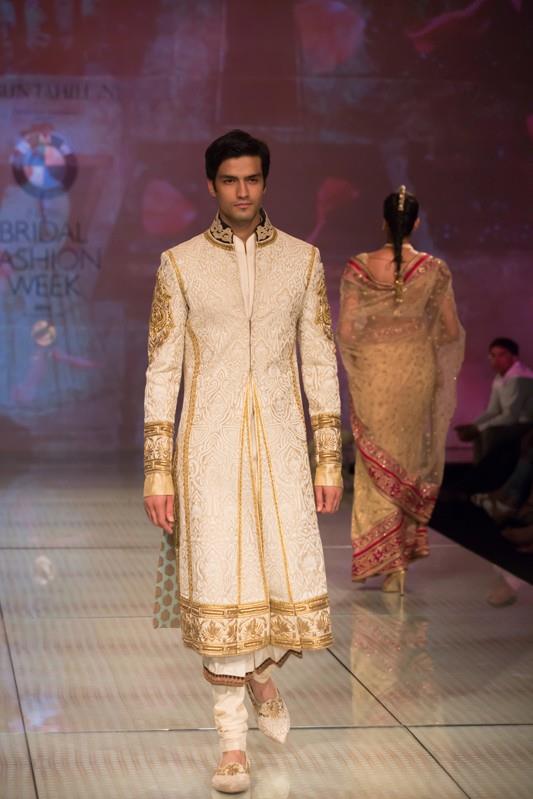
Soon after, Dr. Bora, with dreams of conquering the world of fashion, moved to Mumbai. “I moved to Mumbai to pursue PG in orthopedics from Grant Medical College. What I didn’t realise was that a postgraduation would be twice as tough as the MBBS course. I hardly had any time for myself during those days. And so, my dream to become a model again took a backseat,” he shares, adding, “After I finished my postgraduation, I saved some money, worked on my physique, and got a portfolio shoot done. I later enrolled myself with Anima Creative Management, who helped me with several modelling assignments.”
The world of haute couture
At a time, when only female models were walking on international ramps, Dr. Bora became the first Indian male face to represent several brands. The fashion model shares, “I had gone to Milan for an orthopedics fellowship. While I was working under an eminent surgeon there, I got to do a lot of shows and eventually landed a contract with the Paris Fashion Week. Eventually, I signed up with modelling agencies from New York, Paris, Milan, and Greece. I hadn’t told my family about modelling initially, however, when they got to know about it, they supported my dreams.”
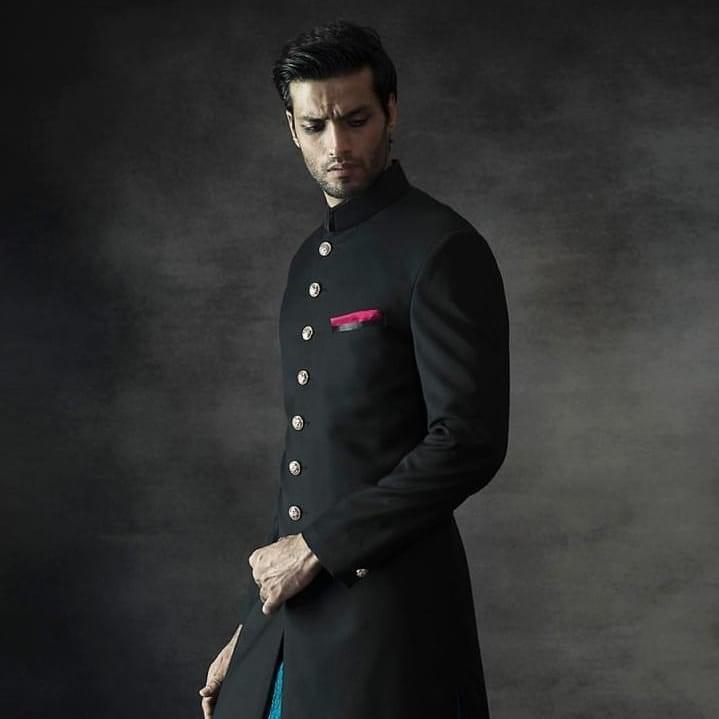
Speaking about the one big difference between the Indian and European fashion industries, Dr. Bora says, “Some trends that were famous in the European fashion industries a few years back are picking up in India now. I feel they are more systematic and organised as well when compared to our fashion industry.”
A healer
Working as a junior surgeon at a private hospital, and modelling on the side, Dr. Bora shares that he made enough money to keep him afloat. However, things changed when his father was diagnosed with cancer. “My father would send me money till then, however after his diagnosis he couldn’t. That made me more serious about my medical practice and I focussed all my energies on it. I learned digital marketing and started a YouTube channel where I spoke about orthopedic issues- which helped a lot of people. Also, since I had trained under several top doctors in Europe, my surgical skill was above most doctors here. Many patients started approaching me with their issues,” says the fashion model.
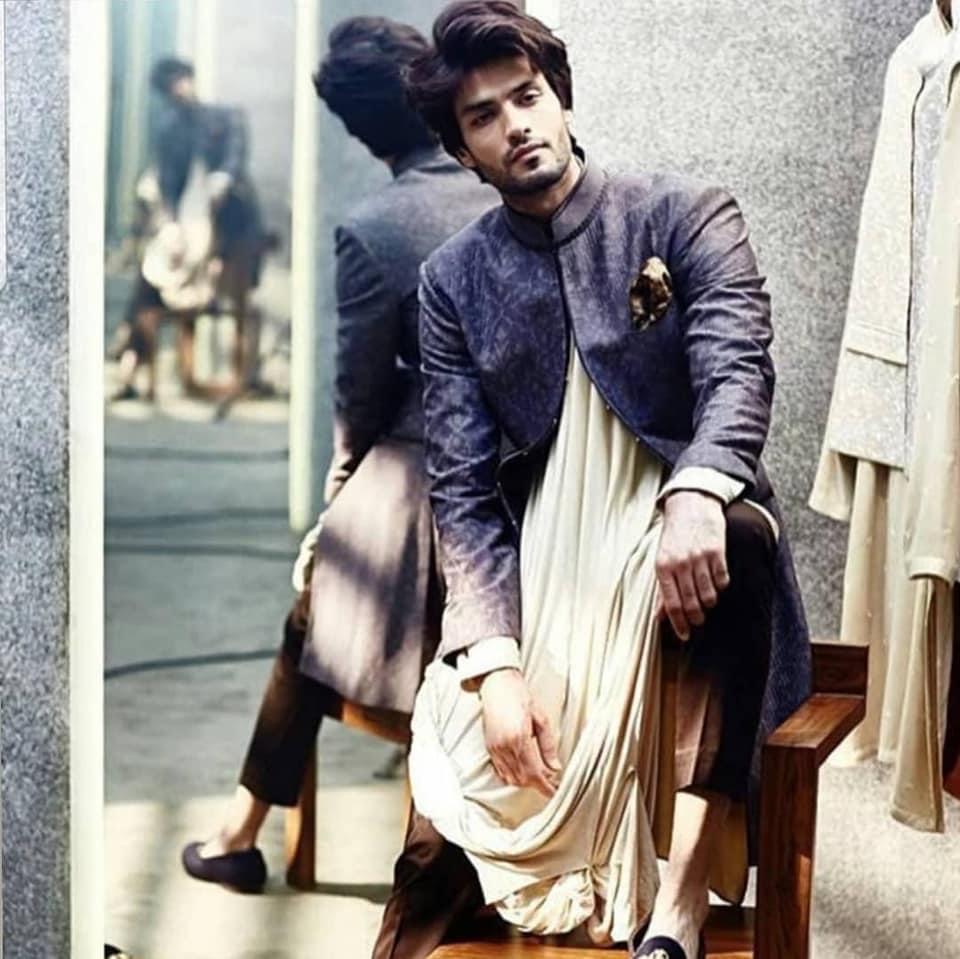
Dr. Bora is also the founder of Ortho Sports, which operates in three Indian cities – Gurugram, Mumbai, and Bengaluru. The doctor, who still loves to be in front of the camera, shares that while following two passions can be difficult, it is not impossible. “All you need is to plan things properly, and never give up on your dreams,” he shares.

